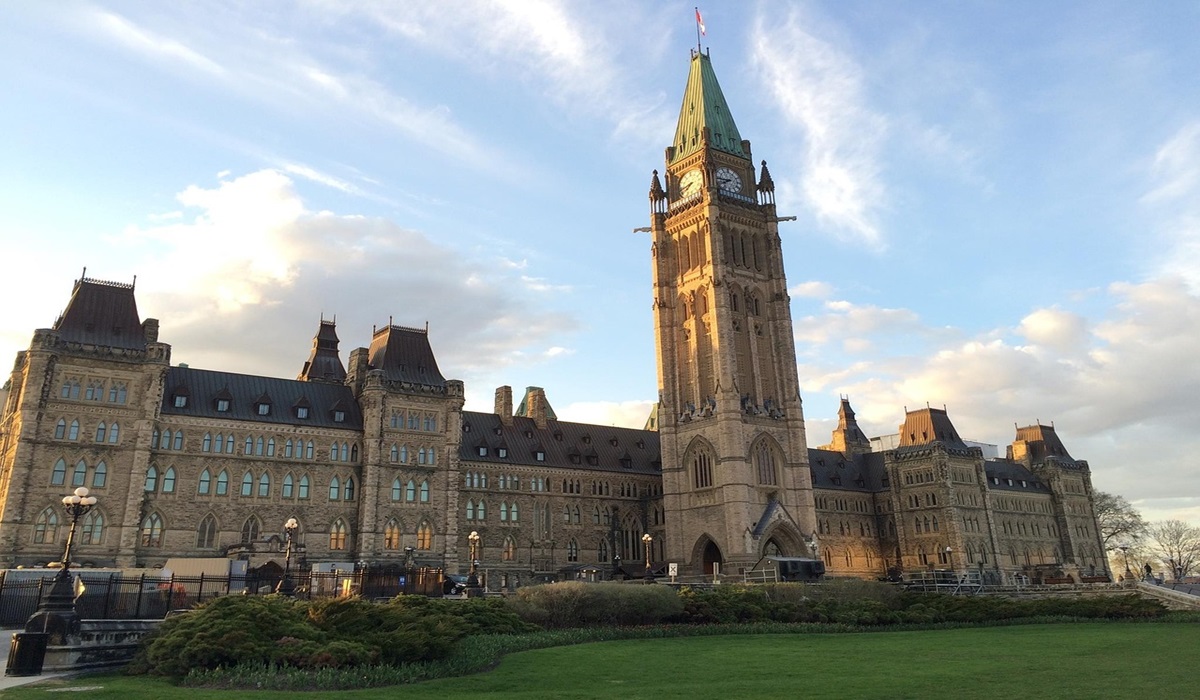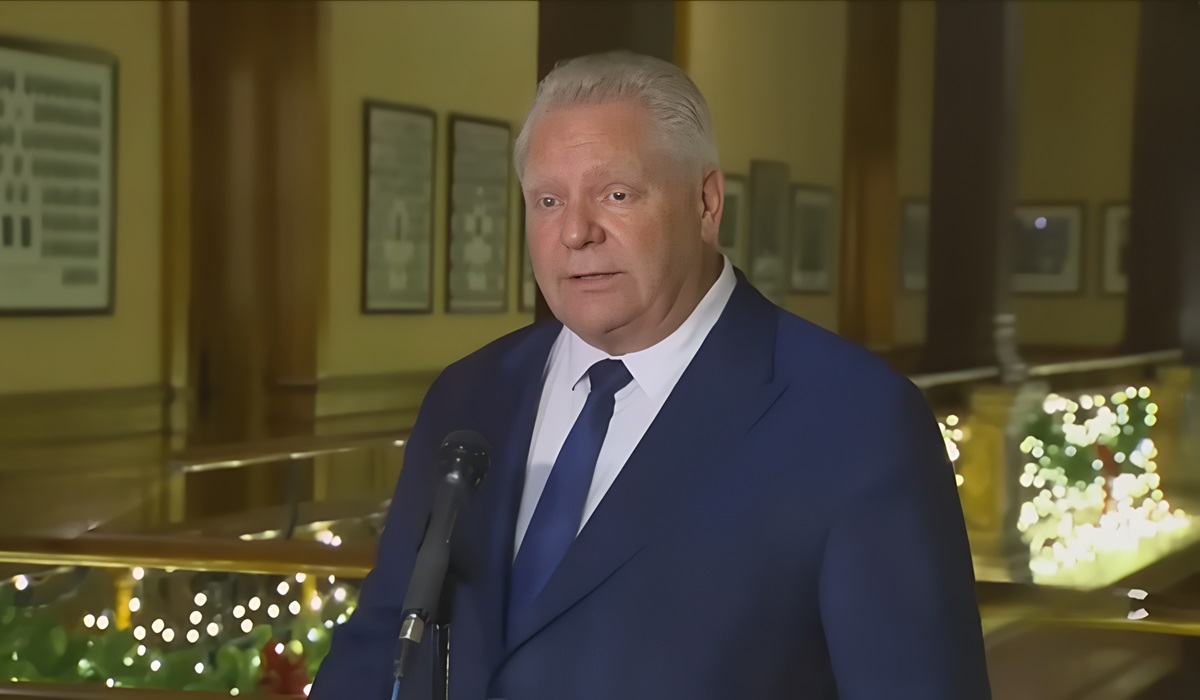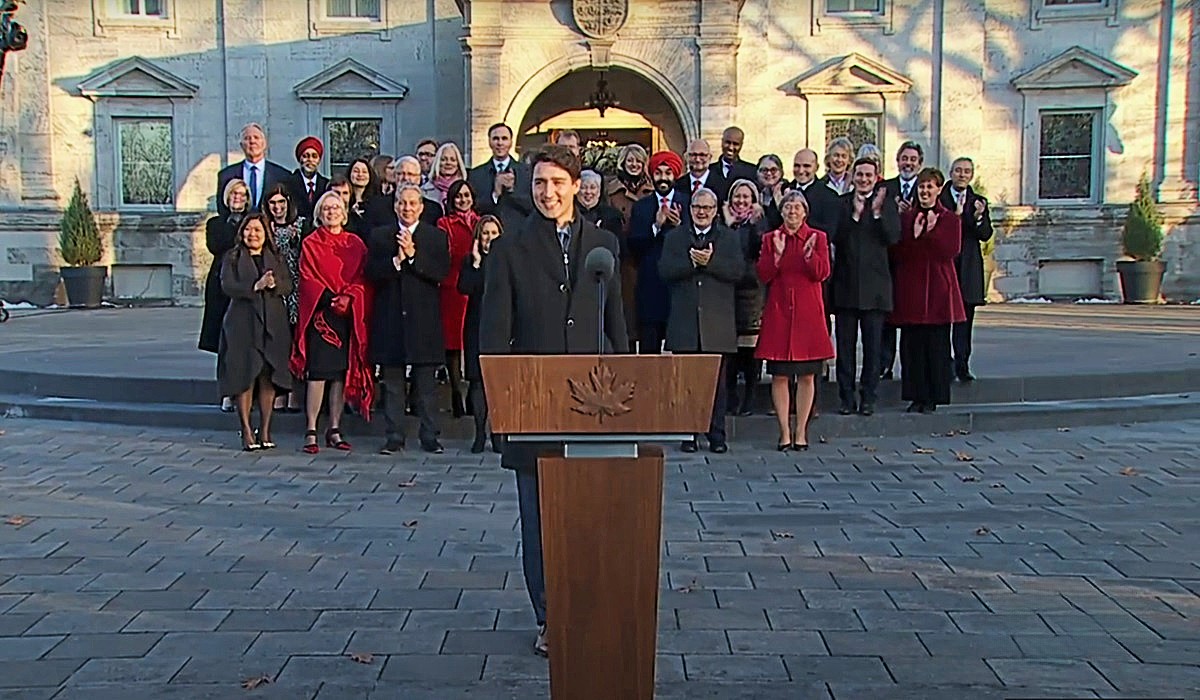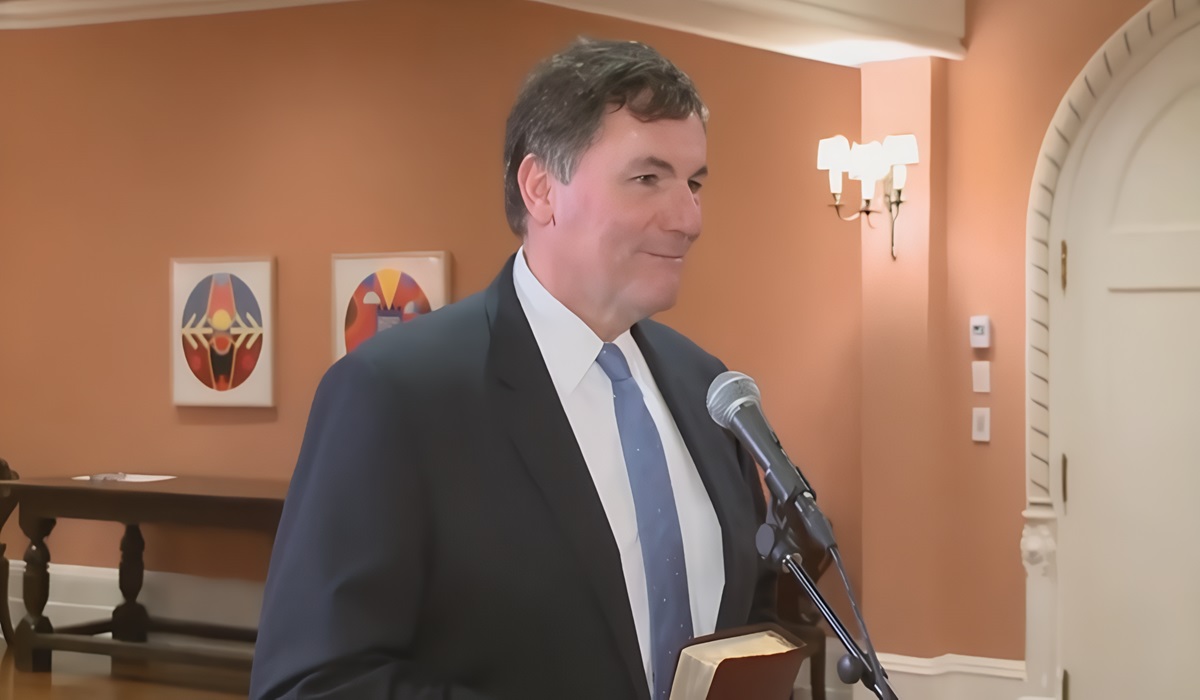The Push to Eliminate FOIA and FIPPA: What It Means for Citizens and Democracy
- Xuemei Pal
- Canada
- November 4, 2024

Image Credit, Cdock
The call for transparency in government is a pressing issue that resonates with citizens and leaders alike. Recently, Elon Musk, a figure often at the forefront of technological and societal discussions, suggested that the Freedom of Information Act (FOIA) in the United States—and its Canadian counterpart, the Freedom of Information and Protection of Privacy Act (FIPPA)— is unnecessary. This raises a critical question: should there be a need for citizens to go through a complex process to obtain basic information from their government?
In theory, democracy thrives on transparency. Citizens have the right to access information about how their government operates, what decisions are being made, and how public resources are allocated. This access fosters accountability, ensures that officials are held responsible for their actions, and empowers citizens to engage meaningfully in the democratic process. Yet, the reality of obtaining this information can be daunting.
Filing a FOIA request or a FIPPA request often involves a lengthy, convoluted process that can deter individuals from pursuing their rights to information. Many citizens find themselves navigating a bureaucratic labyrinth, facing delays that can last weeks, months, or even longer. Furthermore, the financial implications of these requests can be significant. There are often costs associated not only with filing but also with retrieving documents—expenses that can add up quickly, especially for those who may not have the resources to pursue them. This raises the issue of equity: does the requirement for payment and effort effectively create barriers for lower-income citizens who may wish to hold their government accountable?
Musk’s proposition, albeit controversial, invites us to rethink the relationship between citizens and their government regarding information access. He implies that a government should inherently operate with transparency, negating the need for formal requests. If government operations were open by default, citizens could access necessary information without having to navigate a cumbersome and often costly process. This could foster a culture of trust and engagement between officials and the public, encouraging more citizens to become involved in civic matters.
Should former President Donald Trump return to office, there is speculation about how Musk’s ideas might take shape within the government. Trump has shown interest in efficiency and deregulation, and Musk could play a significant role in promoting transparency as Secretary of the Office of Efficiency, should he be appointed. This could mark a turning point in how government transparency is perceived and enacted, with a shift towards proactive information-sharing rather than reactive responses to requests.
The question remains: why should government be more transparent? For one, transparency is essential for democracy to function effectively. It empowers citizens, encourages civic participation, and enhances public trust in institutions. Moreover, a more transparent government can lead to better decision-making and policy outcomes by facilitating public input and scrutiny.
Ultimately, the need for transparency in government is more crucial than ever. As citizens, we deserve access to the information that affects our lives and the decisions that shape our communities. Musk’s provocative statement about the potential redundancy of FOIA and FIPPA should spark a wider conversation about how governments can dismantle barriers to information access and work toward a more open and accountable system. If we genuinely believe in the principles of democracy, then we must advocate for a government that operates with transparency, allowing all citizens to participate fully and meaningfully in the democratic process.








